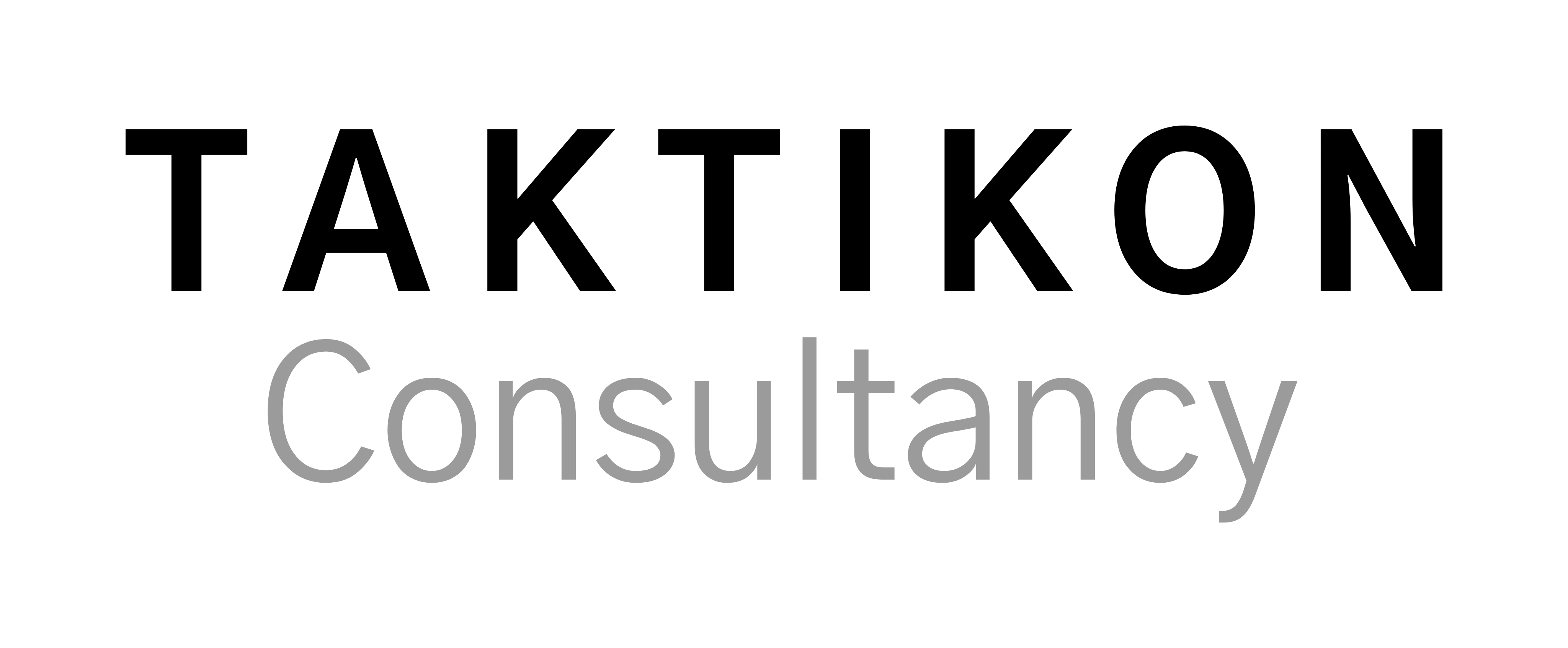In the dynamic world of Revenue Management, every decision a hotel makes must be informed, strategic, and data-driven. Among the many tools available, Benchmarking reports stand out as one of the most powerful. They not only provide a snapshot of your property’s performance but also place it in the context of the market, competitors, and demand shifts. For a Revenue Manager, benchmarking is not a luxury; it’s a necessity.

Why Benchmarking Matters in Revenue Management
Revenue Management thrives on comparisons. Knowing your own numbers is only half the battle; understanding how they stack up against the market is what drives growth. Benchmarking reports highlight:
- Performance against competitors: You may think your occupancy or ADR looks strong, but how does it compare to the hotel next door or your comp set?
- Market trends: A drop in occupancy might seem alarming, but if the entire market is experiencing the same trend, you can adjust strategies accordingly.
- Opportunities for growth: Benchmarking can reveal when you are underpriced in high-demand periods or overpriced when competitors are gaining share.
Without these insights, Revenue Managers risk making decisions in isolation, like steering a ship without a compass.
How Often Should Benchmarking Be Done?
Benchmarking is not a once-in-a-while task. It should be an ongoing habit. A Revenue Manager typically uses reports at different intervals:
- Daily: To check immediate market performance, especially during high-demand seasons, events, or sudden shifts.
- Weekly: To evaluate trends and adjust short-term strategies such as promotions, distribution channels, or restrictions.
- Monthly or Quarterly: To review long-term positioning, validate forecasts, and refine overall strategy.
Regular benchmarking ensures you don’t just react to the market; you anticipate it. A competitor adjusting strategies yesterday may affect your pickup today, and waiting until next month to notice is simply too late.
Practical Examples from a Revenue Manager’s Perspective
Consider a business hotel in Stockholm noticing its weekday occupancy is consistently lower than its comp set, even though weekend performance is on par. Benchmarking reveals that competitors are successfully capturing corporate travelers during the week with slightly higher ADRs but stronger contracted accounts. This insight guides the Revenue Manager to review the hotel’s corporate strategy, distribution mix, and loyalty offerings.
Or take a leisure-focused property in the Mediterranean: benchmarking reports show that despite strong demand during peak summer, the hotel is underperforming compared to competitors on ADR. While occupancy looks healthy, the property is leaving money on the table. By aligning rates more closely with market trends, the hotel can drive profitability without sacrificing volume.
These examples illustrate how benchmarking is not just about numbers, it is about translating insights into actionable strategies that boost revenue.
STR, Fairmas, and Benchmarking Alliance. What is the Difference?
Not all benchmarking providers are the same. Revenue Managers should carefully select the partner that best fits their needs, as the depth and style of reporting can influence decision-making.
- STR (Smith Travel Research): The global standard in hotel benchmarking, STR provides a wide reach and is particularly strong for international comparisons. Their STAR reports give detailed insights into occupancy, ADR, and RevPAR against a carefully defined comp set. For multinational brands or city hotels competing globally, STR is often the go-to choice.
- Benchmarking Alliance: A Nordic-focused provider with excellent coverage in Scandinavia and the Baltics. Their reports often provide more granular, regional insights and are highly trusted by hotels in these markets. For hotels operating in the Nordics, Benchmarking Alliance can deliver a more relevant and representative dataset than global providers.
- Fairmas: Based in Germany and widely used across Europe, Fairmas offers not only traditional benchmarking but also strong financial reporting and forecasting tools. Their platform integrates P&L data, making it easier for Revenue Managers and General Managers to connect operational performance with financial outcomes. This makes Fairmas especially useful for hotels and chains looking for a broader business intelligence perspective.
In short: STR gives global reach, Fairmas combines benchmarking with financial intelligence, and Benchmarking Alliance offers regional depth. Choosing the right provider depends on your market positioning, scope, and strategy.
Turning Data into Strategy
The true value of Benchmarking reports lies in interpretation. A Revenue Manager should not just read the numbers, but translate them into action:
- Identify pricing gaps: Spot when competitors are consistently achieving higher ADRs and adjust your rate strategy.
- Forecast with context: Use benchmarking trends to validate or challenge your own forecasts.
- Shift market share: Recognize when there is an opportunity to capture additional demand that your competitors are missing.
Benchmarking, in essence, transforms raw data into a competitive strategy.
Common Mistakes with Benchmarking
While Benchmarking reports are invaluable, they must be used wisely. Some common pitfalls include:
- Focusing only on averages: Looking at market averages without segmenting by weekdays, weekends, or demand periods can lead to misleading conclusions.
- Ignoring long-term trends: A single report shows performance in one snapshot; the real value is in tracking changes over time.
- Overreacting: Benchmarking should guide strategy, not dictate it. Reacting to every competitor move can erode your own pricing integrity.
A skilled Revenue Manager uses benchmarking as one input in a wider decision-making framework.
Key Takeaways
- Benchmarking reports are essential for Revenue Managers to measure performance against the market.
- Regular monitoring: daily, weekly, and monthly, ensures strategies remain agile and relevant.
- Practical examples show how benchmarking uncovers opportunities for both corporate and leisure hotels.
- Avoid pitfalls like overreacting to short-term fluctuations or relying only on averages.
Revenue Management is about making smarter decisions today to secure stronger results tomorrow.
Benchmarking reports are the compass guiding you through an ever-changing market. If you want to ensure your property is not just keeping up but leading the competition, it is time to integrate benchmarking into the very core of your Revenue Management strategy.
